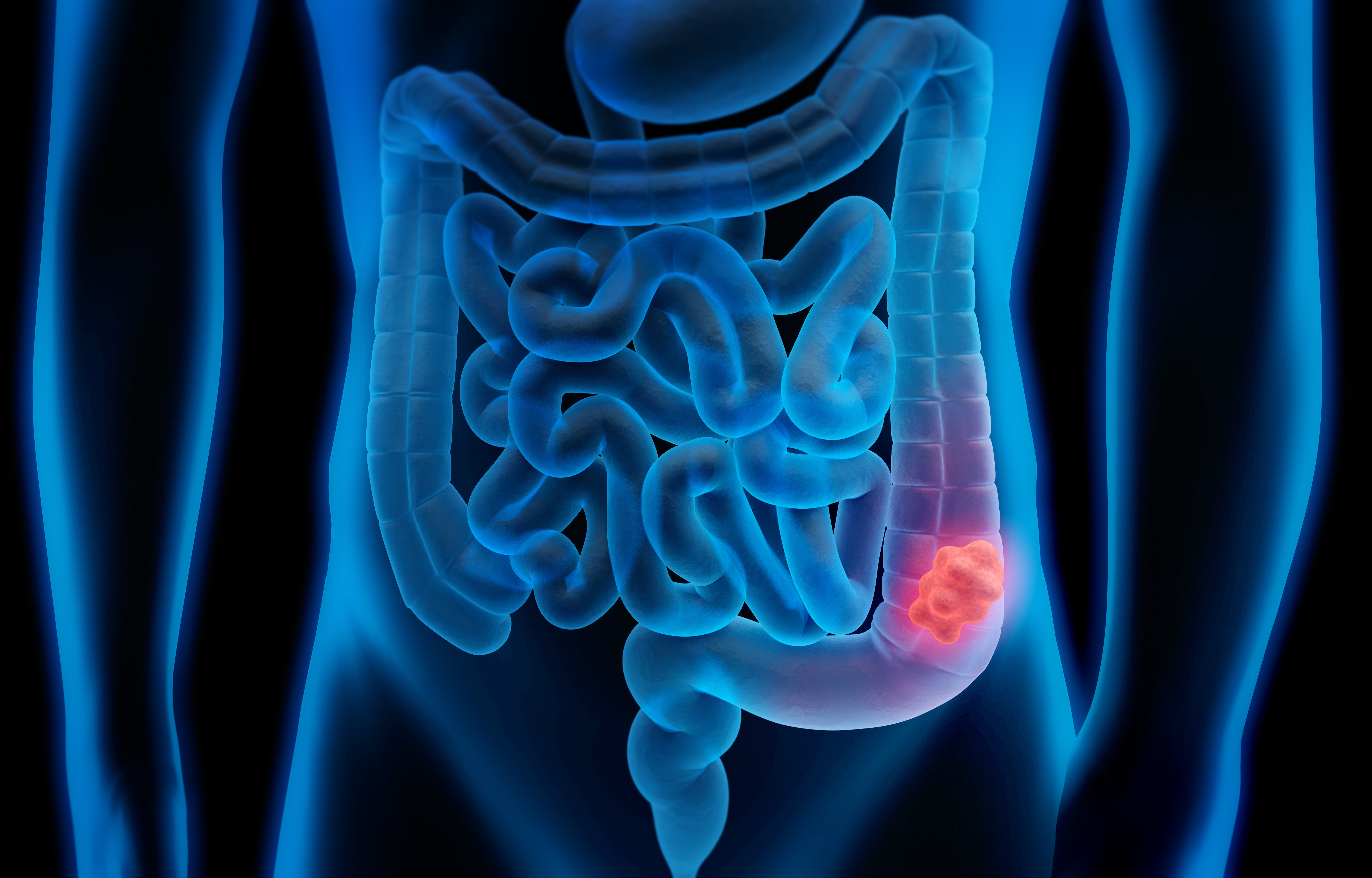Ways to Counteract Constipation

Constipation is digestive discomfort accompanied by irregular bowel movements. If you’ve had less than three bowel movements this week, then you’re constipated. Three might be the standard, but I personally think that a person should produce at least one bowel movement a day.
There are many underlying causes for constipation:
- There may be too little fiber in your diet.
- You’re not drinking enough water.
- Waste is moving too slowly through your digestive tract.
- Pain killer medications or opioid drugs.
How to tell if you are constipated?
- Bloating
- Feeling sluggish
- Intestinal gas
- Hardened feces & painful defecation
- Lack of ease in performing daily tasks
Although poor dietary habits lead to constipation, I’d like to discuss drug-induced constipation. This type of constipation most commonly occurs when using pain killers and opioid drugs. We call this OIC: Opioid Induced Constipation. Fortunately, there are natural remedies to avoid opioid induced constipation (OIC) and constipation in general.
Tips for regular bowel movements:
- Physical activity: Getting little to no physical activity can lead to constipation. If you’re regular with your exercise routine then you’ll stay regular elsewhere. Walking, jogging, and sit-ups are some of the simplest exercises that you could be doing everyday. Our intestine is 24 feet long and movements like standing up and walking around makes it active. This type of mobility helps the intestinal system get active and going.
- Include fiber: Fiber rich foods from vegetables, fruits, whole grains, nuts, and seeds promote healthy bowel movements. Most vegetables and fruits are great sources of both soluble and insoluble fiber. This contributes to lowering cholesterol, improving your satiety, promotes healthy gut bacteria, and also prevents constipation.
- Avoid processed foods: Most processed / refined foods lack fiber. For instance, all-purpose flour comes from wheat, yet it is stripped of fiber in order to produce a fine, soft white bread which is sugary and triggers constipation.
- Time your medications: If you’re on pain medications, time them appropriately. It is best to take pain opioid compounds after you eat rather than before meals. Never take them before you eat.
- Supplements: Natural supplements can help regularize your bowel movements. One such effective supplement is a product that is a combination of chia oil, perilla oil, and a plant-based policosanol. Policosanol is a natural, waxy alcohol from sugarcane. This combination works gently to regulate bowel movements and prevent constipation. This can be consumed everyday without any side effects.
- Avoid caffeine: Avoid stimulants like coffee and tea. Caffeine dries your body and complicates the condition of constipation. A good alternative is chamomile tea, it is calming and helpful. Green tea is okay in moderation. Also, drinking hot water first thing in the morning helps flush out accumulated toxins and gently stimulates your system.
- Avoid dairy: Some people may have trouble with dairy as it may constipate them.
- Go when you need to go: Avoid fighting the urge to go when nature calls. This causes stools to become harder, stores up waste in the intestine, and creates more gas. A daily routine for bowel movement and using the bathroom when you feel the urge helps improve your condition.
A few other things to keep in mind:
Pharmaceutical drugs, opiods, and pain killers are a prime cause for constipation and irregularity. This risk, and many others, are well documented. Avoid using opioids if possible. Also, use caution before starting any prescription drug that has not been tested for 10 years. Always try simpler methods first.
- Use a regularity product from the pharmacy to help you have regular bowel movements.
- Use over the counter laxatives ONLY as emergency relief. They are not for long-term use.
- Also, reducing your dose of pain killers can improve your constipation as well as help you avoid or minimize other associated risks.
- Eat a well-balanced diet with plenty of fiber. Be sure to drink at least 6 to 8 cups of water a day. Treating a constipation issue with laxatives and OTC medicines can provide temporary relief only. However, this may impact your gut flora in the long run. Eating right, exercise, and other natural remedies like supplements keep you safe from unwanted effects that will inevitably come from synthetic drug use.
Leave a Comment
You must be logged in to post a comment.



0 Comments